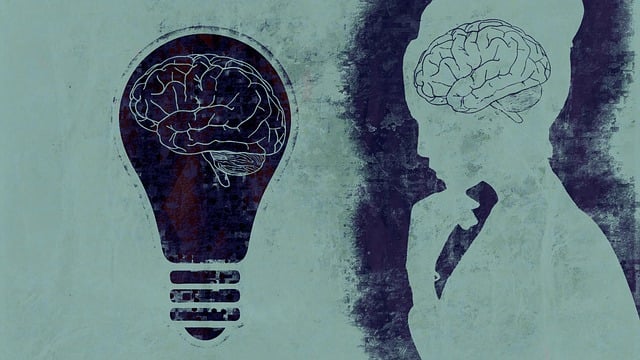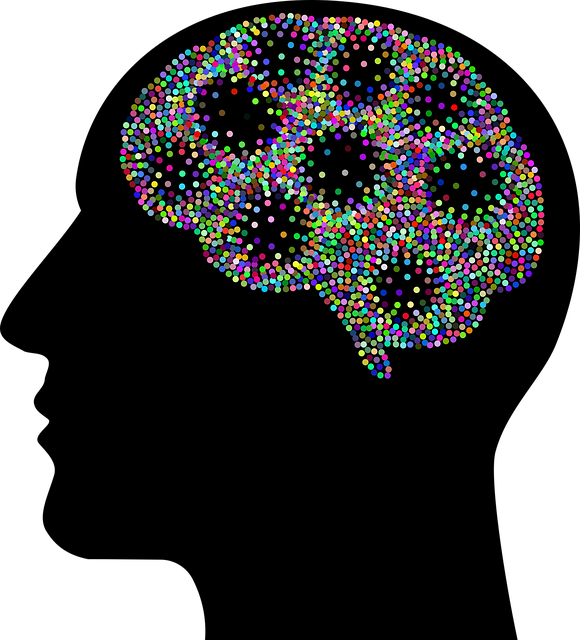Greenwood Village Self-Esteem Therapy leverages the RFM (Recovery, Flexibility, Mastery) model to build resilience and promote mental well-being. This holistic approach combines evidence-based practices with compassion, empowering individuals to develop positive inner dialogues, enhance emotional intelligence, and effectively manage life's challenges. By tailoring exercises like mindfulness meditation, cognitive restructuring, and social skills training, they strengthen areas needing improvement. RFM techniques, proven effective in diverse settings, foster adaptability, reduce stress, and prevent mental health issues, profoundly impacting the well-being of residents in and beyond Greenwood Village.
“Unleash resilience with RFM—a powerful tool gaining traction in mental health. This article explores the transformative potential of RFM (Recovery, Flexibility, and Mastery) in building emotional fortitude. We delve into its role as a cornerstone of the Greenwood Village Self-Esteem Therapy approach, known for fostering adaptability and self-efficacy. Through a comprehensive guide, learn how to implement RFM exercises effectively. Discover the myriad benefits and real-life applications that make this method a game-changer in personal growth, especially within the context of Greenwood Village’s innovative therapy framework.”
- Understanding RFM and Its Role in Resilience Building
- The Greenwood Village Self-Esteem Therapy Approach
- Implementing Resilience Exercises: A Step-by-Step Guide
- Benefits and Real-Life Applications of RFM Techniques
Understanding RFM and Its Role in Resilience Building

Resilience is a critical component of mental well-being, enabling individuals to navigate life’s challenges and adapt positively. The RFM (Recovery, Flexibility, and Mastery) model offers a structured approach to building resilience. This framework recognizes that recovery from adversity is not merely the absence of symptoms but the development of healthy coping strategies and a positive outlook. By focusing on these three key areas, individuals can enhance their ability to bounce back from setbacks, manage stress effectively, and foster a sense of control over their lives.
Greenwood Village Self-Esteem Therapy emphasizes the RFM model as a powerful tool for personal growth. This therapeutic approach encourages clients to explore their unique strengths and skills, fostering flexibility in thinking and behavior. Through various exercises tailored to individual needs, individuals learn to manage their emotions, particularly in times of stress or crisis, which is crucial for preventing issues like depression. The integration of RFM principles into public awareness campaigns on mental health can significantly contribute to mood management and depression prevention, ultimately enriching the lives of those within the Greenwood Village community and beyond.
The Greenwood Village Self-Esteem Therapy Approach

The Greenwood Village Self-Esteem Therapy Approach is a holistic method that focuses on empowering individuals to build resilience and cultivate a strong sense of self-worth. This approach recognizes that self-esteem is a fundamental aspect of overall well-being, influencing how we navigate life’s challenges and opportunities. By combining evidence-based practices with a compassionate and supportive environment, the therapy aims to help clients develop a positive inner dialogue and enhance their emotional intelligence.
Central to this therapy are Compassion Cultivation Practices, which encourage individuals to nurture self-compassion and kindness towards themselves. Additionally, Conflict Resolution Techniques are integrated to teach effective communication and problem-solving skills, boosting confidence in handling interpersonal situations. Through these methods, Greenwood Village Self-Esteem Therapy equips participants with the tools to build resilience, fostering a sense of capability and empowering them to embrace life’s complexities with renewed optimism.
Implementing Resilience Exercises: A Step-by-Step Guide

Implementing Resilience Exercises: A Step-by-Step Guide
To begin fostering resilience through exercises, start by evaluating your current situation and identifying areas that need strengthening. Greenwood Village Self-Esteem Therapy offers tailored approaches to suit individual needs. Begin with simple practices like mindfulness meditation, encouraging present-moment awareness and emotional regulation skills. Incorporate daily activities that promote positive self-talk and reframing negative thoughts into constructive challenges. These foundational steps aim to build inner strength development by enhancing one’s ability to cope with stress and adversity.
Next, integrate structured resilience training programs, such as those offered through Trauma Support Services. These programs often include exposure therapy, cognitive restructuring, and problem-solving skills training. Gradually expose individuals to feared situations in a safe environment, helping them overcome trauma or anxiety. Social Skills Training can also be incorporated to enhance support networks, encourage positive interactions, and boost overall resilience. Through consistent practice, these exercises empower individuals to navigate life’s challenges with greater ease and confidence.
Benefits and Real-Life Applications of RFM Techniques

The implementation of RFM (Resilience, Flexibility, and Mastery) techniques offers a myriad of benefits, especially in enhancing individuals’ ability to navigate life’s challenges. These strategies, often employed in Greenwood Village Self-Esteem Therapy, focus on fostering resilience by encouraging individuals to view setbacks as opportunities for growth. By cultivating flexibility, people learn to adapt to changing circumstances, thereby reducing the impact of stress and anxiety. This adaptability is crucial in managing unexpected life events, promoting better mental health, and enhancing overall well-being.
Real-life applications of RFM techniques are vast. For instance, empathy building strategies derived from these methods help professionals in mental health assessment, enabling them to understand clients’ perspectives better during risk assessments. Effective stress management, a key outcome of RFM exercises, can significantly improve individuals’ quality of life, making them more equipped to handle daily pressures and potentially preventing the onset of mental health issues. These techniques have proven valuable in various settings, from educational institutions to corporate environments, where resilience and adaptability are essential for personal and professional success.
The implementation of RFM (Resilience, Flexibility, and Mastery) techniques, as showcased by the Greenwood Village Self-Esteem Therapy approach, offers a powerful framework for building resilience. By combining specific exercises with a step-by-step guide, individuals can enhance their ability to navigate challenges and foster personal growth. The benefits of RFM are evident in its real-life applications, empowering folks to embrace change, maintain self-esteem, and thrive even in the face of adversity. This holistic therapy approach ensures that individuals develop the tools needed to overcome obstacles and lead more fulfilling lives.














